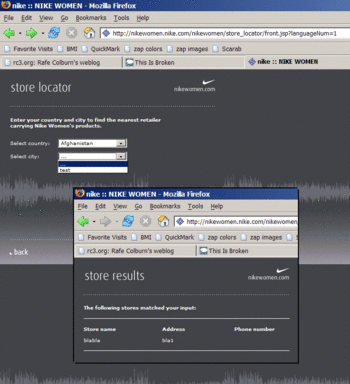I currently manage an outsourced team of three QA engineers in Costa Rica, and at a former job we had team members in Bangalore, India. Due to this experience, people often ask me my opinions about outsourcing. Here are some of my thoughts that I usually share:
First, I like to point out that American jobs have been moving overseas for a long time now, decades at least. For the longest time, though, those were all manufacturing jobs. In my opinion, the current concerns about outsourcing are simply due to the fact that it’s moved up the socio-economic ladder to white collar jobs (such as software engineering) and people in those industries are feeling threatened. It’s not a new phenomenon.
As a liberal and someone who has traveled and lived abroad, my opinion is that the moving of jobs, especially higher level ones, from the U.S. to lesser-developed nations is a good thing: it will serve to level out the standard of living world-wide to some degree.
However, as someone who has been personally affected by outsourcing, I see that not only will it raise the standard of living of other countries, it will also lower the standard of living of Americans somewhat. And I don’t like having my job threatened any more than anyone else.
So, how do I reconcile these two views? Well, first of all, I view outsourcing as inevitable; there’s nothing that we Americans can do to stop it, short of major social restructuring. Therefore, I’d be foolish not to try to accommodate myself to the situation. In my case, that has meant getting experience managing outsourced teams.
In addition, I stick by my liberal principles. Outsourcing will be tough on Americans–even, possibly, me and my family–but in general, lesser disparities in standard of living are a good thing for everyone.



